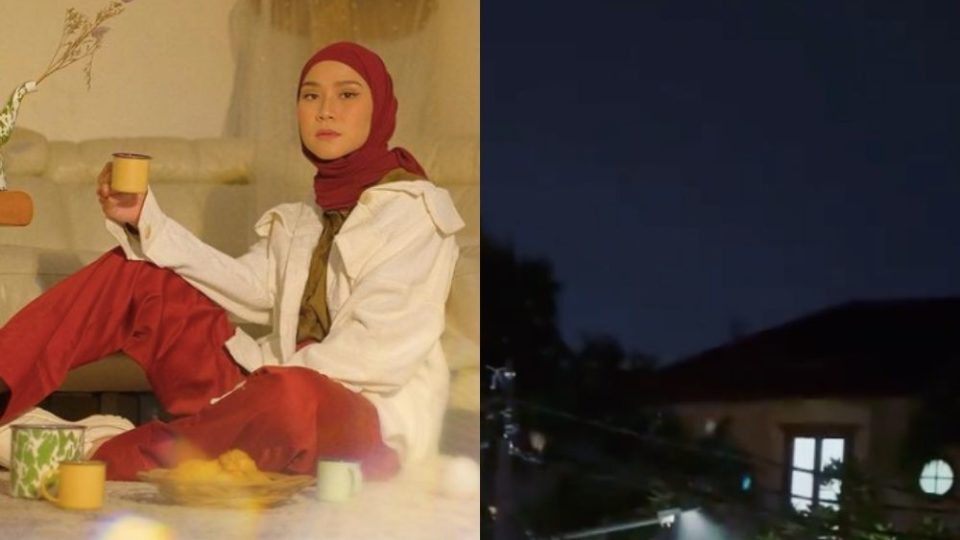It could have been a lot worse if it came from someone else, but a Muslim influencer’s complaint about a loud mosque has sparked a discussion — albeit a deeply divisive one — on the use of loudspeakers for other than the call of prayer in Indonesia.
Fashion influencer/actress Zaskia Mecca recently posted a video on Instagram showing her neighborhood mosque serving as a morning alarm for suhoor (early morning meal Muslims eat before fasting). The man behind the mic opted for this boisterous approach to the wake up call:
View this post on Instagram
“Is it ethical to use the mosque loudspeaker this way? Especially as we live in Indonesia, where there are a variety of religions. Wouldn’t this disturb those who aren’t having suhoor?” Zaskia wrote in the caption above.
It should be noted that Muslims in Indonesia generally have suhoor at around 4am ahead of the dawn call to prayer at around 4:30am. Though many other Muslim countries forbid the use of the mosque loudspeaker for other than the call to prayer, it’s traditional in Indonesia, especially in rural areas, for mosques to give wake up calls before suhoor — often as early as 2am for food prep.
Zaskia’s post became hugely viral and divisive, with many supporting her on the grounds that Islam is supposed to bring universal grace to all, while others accused her of denigrating tradition from her high horse.
Two days after her first post, Zaskia posted a follow up video showing a group of young men marching with drums and loudly singing a suhoor wake up call as they pass in front of her house, in an apparent retaliation against her post.
View this post on Instagram
Yesterday, Zaskia posted another follow up video in which she had a face-to-face chat with the 23-year-old man behind the mic, who is aptly named Ramadan. In the video, the two exchanged viewpoints with Zaskia arguing, backed up with hadith (records of traditions and sayings of the Prophet Muhammad), that Muslims should respect their neighbors and that mosque announcements cannot be boisterous. Ramadan, meanwhile, argued that, before Zaskia, the neighborhood had never complained about the suhoor call to prayer, but promised to tone down his call in the future.
The Indonesian Ulema Council (MUI), the highest clerical body in the nation, waded into the controversy by saying that suhoor wake up calls are allowed as long as they don’t disturb those they’re not intended for. The Religious Affairs Ministry, meanwhile, referred to a set of mosque loudspeaker guidelines from 2018, which advised against using it for anything other than the call to prayer.
Zaskia speaking out against misuse of a mosque loudspeaker did not come without risks for prosecution, though her celebrity status may protect her from any charges of blasphemy.
A North Sumatra woman named Meiliana wasn’t so lucky, as she was convicted of blasphemy and sentenced to 18 months in prison in 2018 for complaining about the volume of mosque loudspeakers. She was released on parole in May 2019 after serving two-thirds of her sentence.




